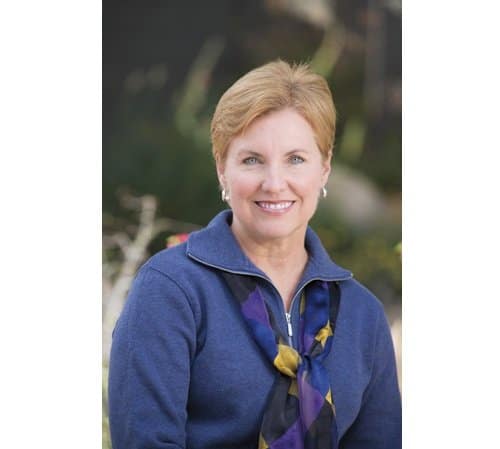#MediaMonday – Mary Ann Bashaw
Life has an interesting way of working out. I recently attended the 2015 Valley Publicity Summit hosted by the Society of Professional Journalists Valley of the Sun Chapter. It was very valuable for public relations professionals to get to know media professionals and pitch them face-to-face, speed-dating style.
Before the panel discussion started, I became familiar with those around me, one happened to be a FinderBinderAZ subscriber and the other was Mary Ann Bashaw, editor for Raising Arizona Kids – two great coincidences at once! Mary Ann was in process of publishing an article for one of our clients, DrugFreeAZKids.org. At that point, I had only communicated with Mary Ann via email. It was great meeting her in person before the event started as we had extra time to chat.
From chatting, I knew she’d be great to feature for a Media Monday. And, I think you’ll agree with me. [inlinetweet prefix=”” tweeter=”” suffix=””]Mary Ann, @RAKmagazine, explains her linguistic passion in today’s #MediaMonday.[/inlinetweet]
Mary Ann, take it away!
I admit it. I am a logophile.
Wait—that’s a good thing. We’re all too used to seeing the suffix “-phile”—from the Latin –philus, the Greek –philos—attached to words that have negative meanings.
“-Phile” is found at the end of a word defining someone who likes, loves or is attached to something. I like, love and am attached to words.
It’s common knowledge that the left hemisphere of the human brain is dominant in language. I’m going to assume that an MRI of my brain would show that my left side is noticeably larger than my right. That’s why I have room for words like tergiversation (n.): evasion of straightforward action or clear-cut statement.
I found that word in a “USA Today” article dated Aug. 28, 2015 listing 10 reasons why the Fed should raise interest rates. “By favoring audacity over tergiversation, Yellen—long ascribed to hold dovish views—would buttress her reputation for steeliness.” We all know how that played out. (Bonus: the words dovish, buttress and steeliness in the same sentence.)
My logophilism probably began when I was a young child. My father, an Air Force pilot, was stationed in France. My parents thought it would be a good idea to plop me in the middle of the primary school in the village where we lived. Turns out it was—I was fluent in French within 90 days. Of course, at the time, I had no idea that I would grow up to have an affinity for words like tergiversation.
Then we moved to Germany. Same thing happened again: I picked up German in no time flat. My left hemisphere was being nourished on a regular basis by a third language. (When my family ended up in Arizona after my father retired, Spanish was soon to follow…)
Little did I know that, some day, I would be all over the word abecedarian.
As managing editor at Raising Arizona Kids magazine, one of my duties is to contribute to the monthly “Behind the ‘Zine” editorial column. For the September issue, I was trying to come up with a clever word to denote my newbieness (not a real word) at overseeing photo shoots. In my search for the right word, I settled on “rookie,” but along the way came across the word abecedarian (n.): a person learning the alphabet; any beginner or novice.
We’re all abecedarians at something, right?
There comes a point in life where the human body stops growing, when we’ve reached our physiological maturity. (Any additional growth beyond that is our own doing.) But I think the brain can keep right on going.
My love of language continues to grow. I am always seeking new words to add to my lexicon. My job involves helping guide, refine and ameliorate the words of others. Even when I eschew (forgo) the gym or forgo (eschew) that walk, I’m still exercising my brain.
Still, I don’t want to alienate anyone by dropping obscure (but fabulous!) words that raise eyebrows or furrow brows. Luckily, my husband Eric and grown daughters Claire (24) and Hannah (22) are used to asking, “Huh?” when I throw out a perplexing zinger—and they’re still willing to request a synonym.
Sometimes, I just keep the obscure locutions to myself, tucked away in that ever-growing left hemisphere of mine—or shared in a public blog.


